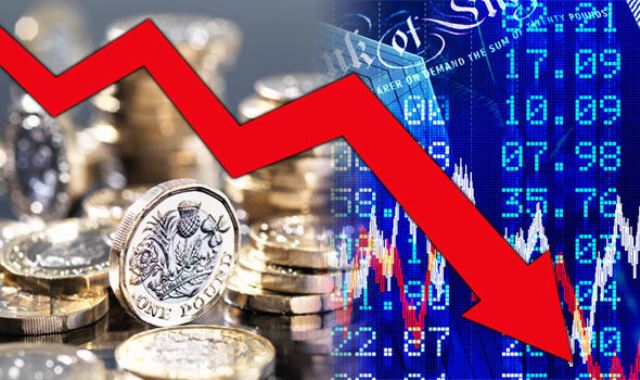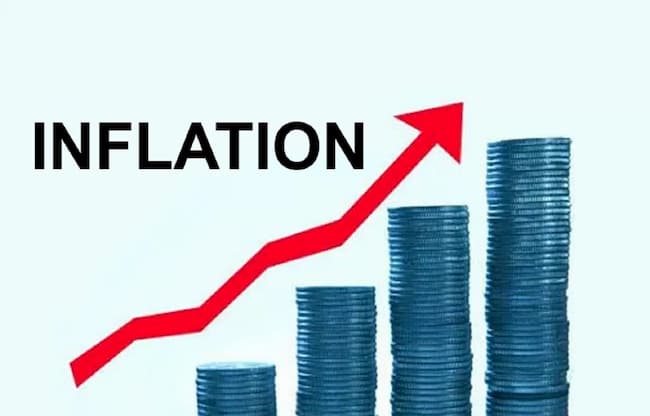Sterling weakened on Wednesday on signs that talks between Britain’s government and the main opposition Labour Party to break the Brexit deadlock may soon collapse.
The pound is falling as Brexit negotiations between Britain’s Conservative government and the opposition Labour Party lumber on with little success and as concerns grow about a challenge to Prime Minister Theresa May’s leadership.
But the suggestion that the talks could be pronounced dead later on Wednesday by broadcaster ITV’s political editor took sterling down another leg.
It fell towards $1.31, down 0.6 percent on the day, and also hit a six-day low versus the euro of 86.11 pence, down half a percent on the day.
Volatility in currency markets is currently very low and in recent weeks investors have also curtailed their bets on big swings in the pound.
The government conceded on Tuesday that Britain would take part in European Parliament elections this month, a poll that could deliver more bruising results to both major parties.
“The announcement that the UK will take part in European elections confirms that cross-party Brexit talks aren’t going anywhere fast. This also refocuses attention on a leadership challenge to May. Favour the pound to “$1.2950,” said ING analysts in a note to clients.
Some analysts attribute sterling’s recent tepid performance to major risks that could yank the currency either way.
“To the upside, the probability of no Brexit via a second referendum and vote to remain… has started to edge up again in recent days. The downside is associated with.. the risk of May being replaced as PM which is rising,” said RBC’s chief currency strategist Adam Cole.
May agreed a withdrawal deal with the EU last year, but it was rejected three times by a deeply divided British parliament. That delayed the exit date, a postponement that has weighed on the pound as investors fret about prolonged political uncertainty.
Sterling has traded in a narrow range of $1.28-$1.31 since Britain pushed its scheduled departure from the European Union back from March until Oct. 31. There is still little clarity about when, how, or even if, Brexit will happen.
Investors have been broadly impervious to tepid economic data recently and even relatively hawkish comments from the Bank of England last week failed to jolt the currency.
















